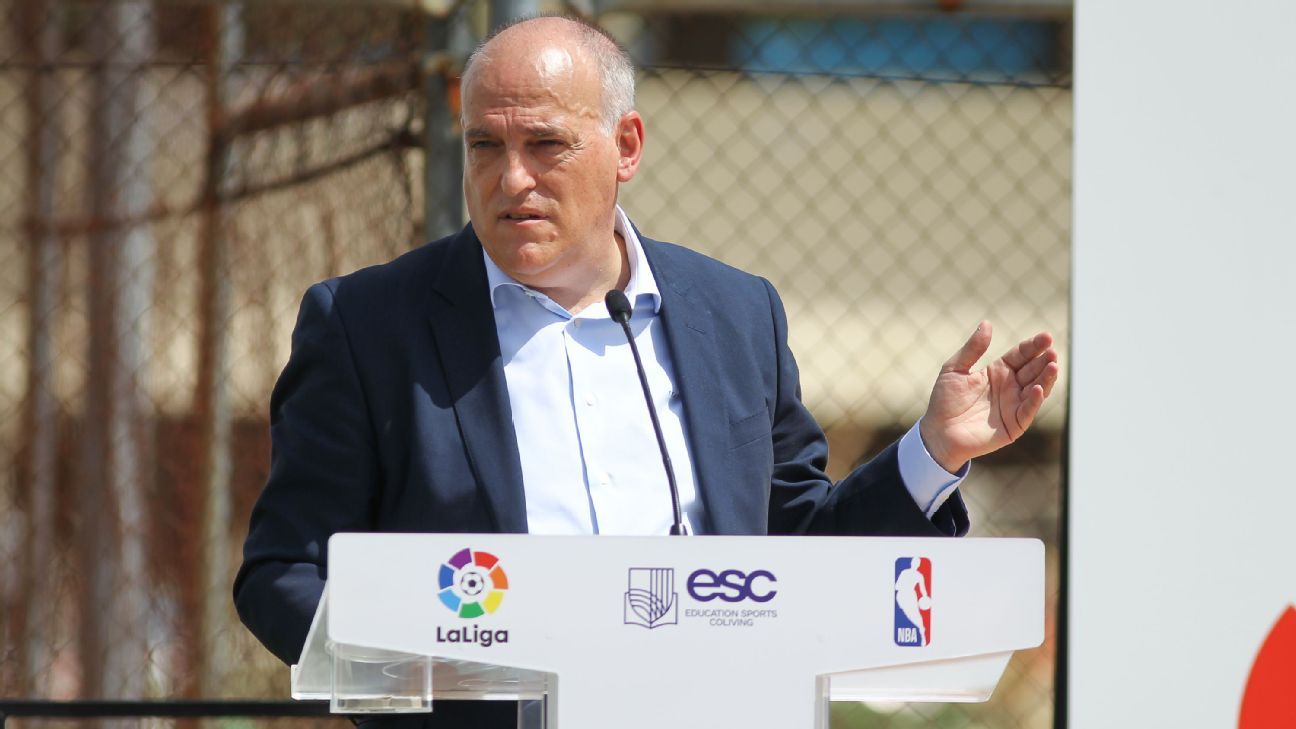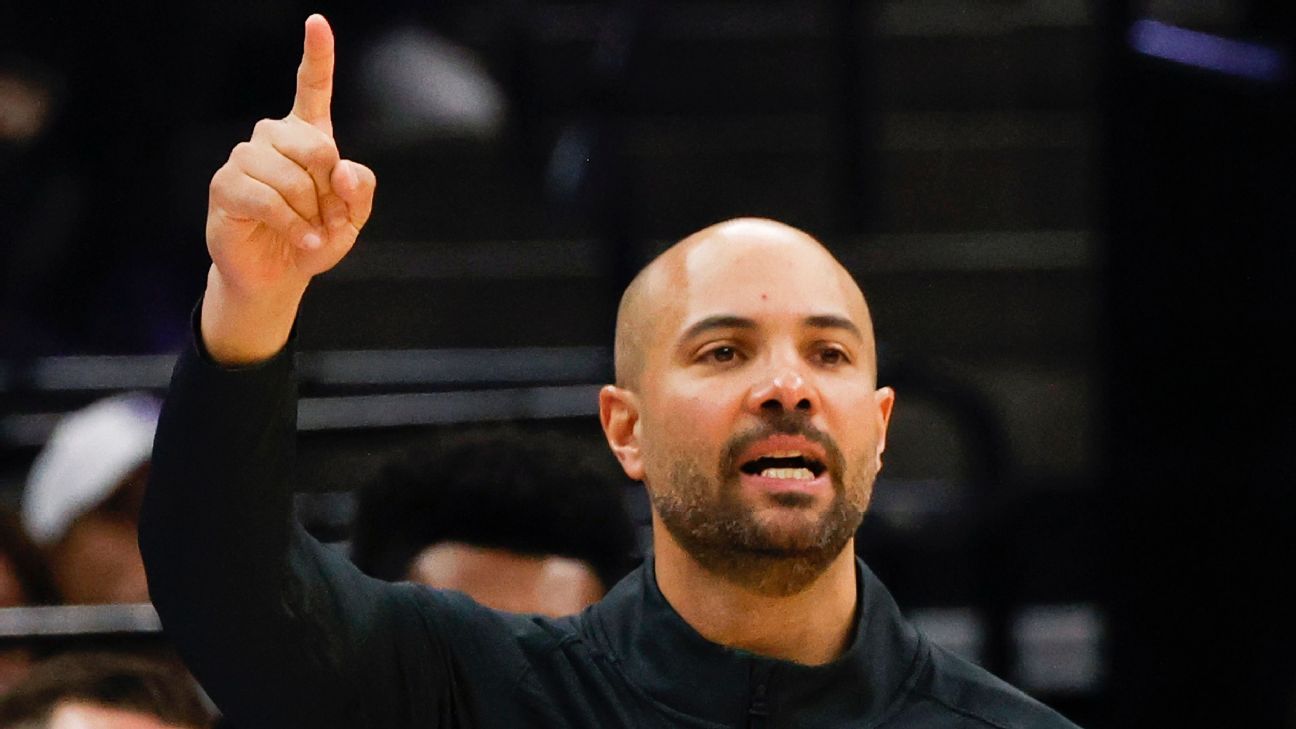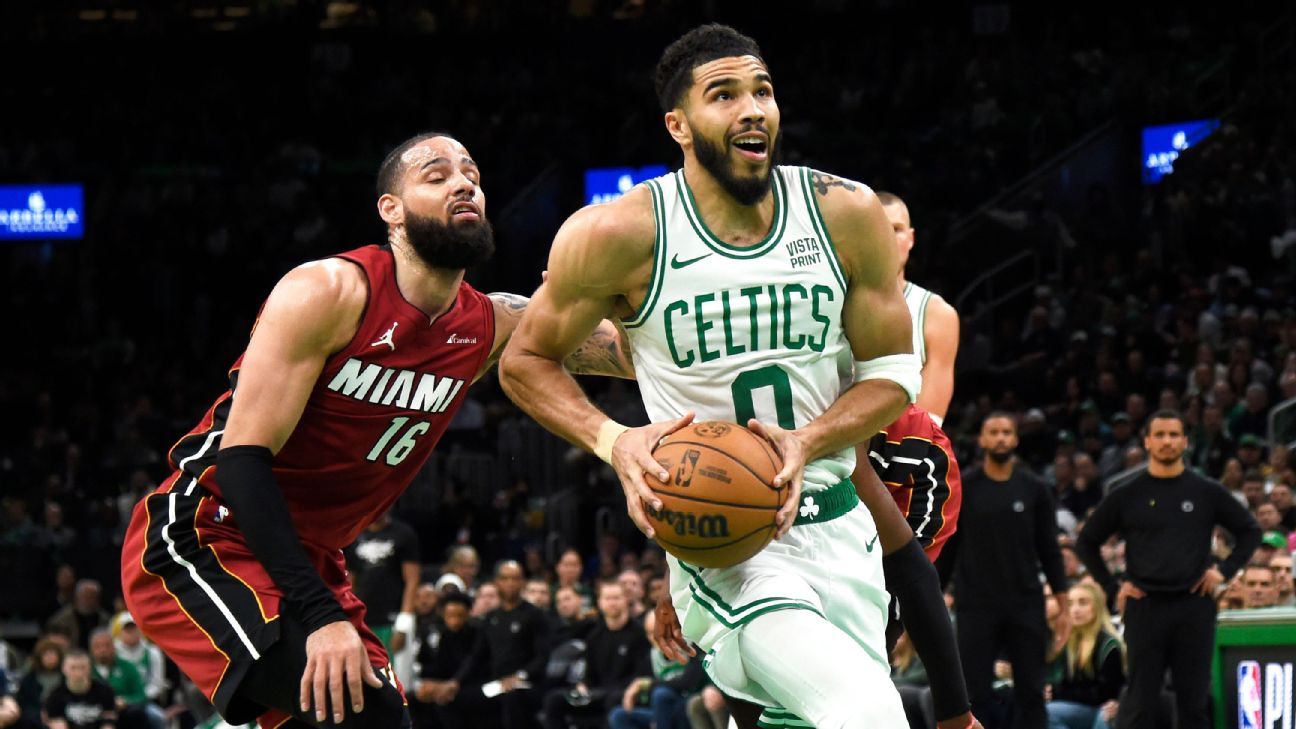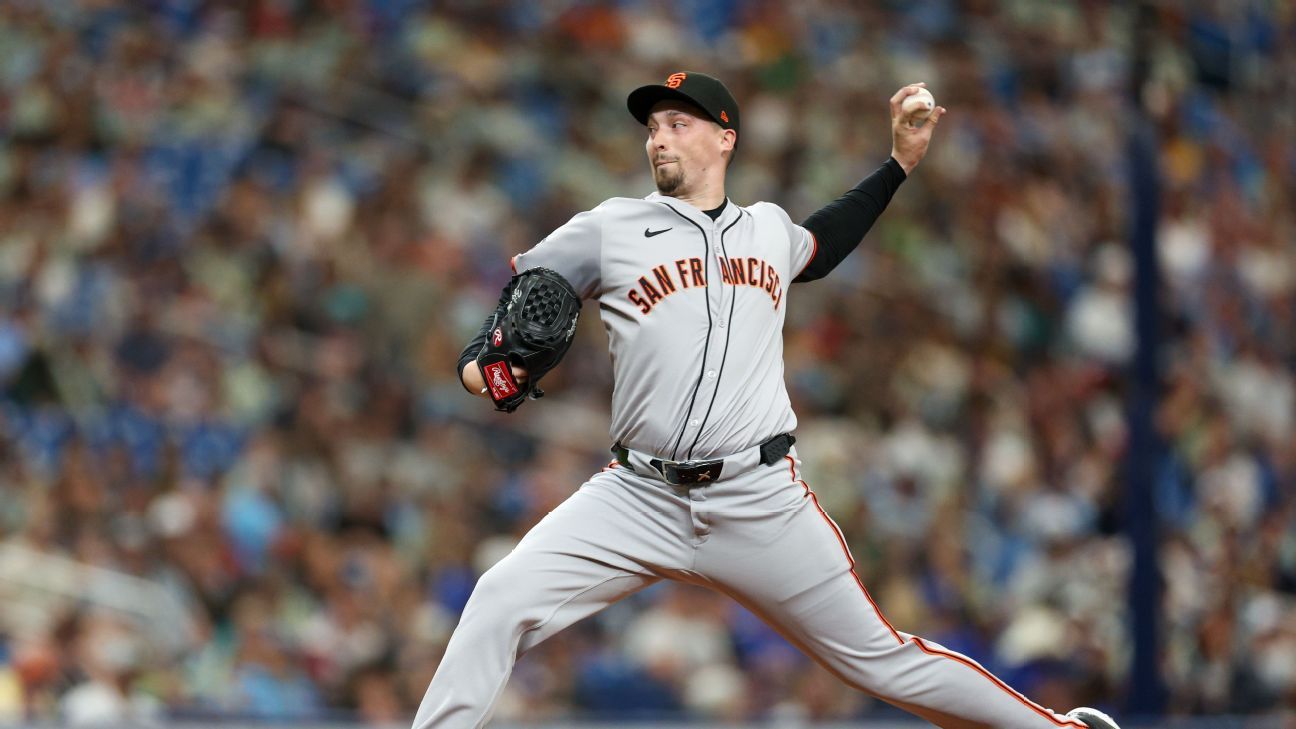
Richard Askwith, author of a new book about running in later life, looks at what keeps ageing athletes going – and finds that the high achievers of masters athletics deserve more recognition
I have been interested in running for much of my longish life: not just doing it but watching it and soaking up its rich traditions. Yet I was almost 60 before I discovered Ed Whitlock. I had never heard of Olga Kotelko, either, at that point; or of Earl Fee; or of a host of other giants of early 21st century track and field – multiple world record-holders and champions – whose golden athletic years coincided with my own period of greatest interest in the sport.
Why not? Because I wasn’t watching. Year after year, athletes such as Charles Allie, Guido Müller, Nicole Alexis, Angela Copson, Gene Dykes, Caroline Powell, Clare Elms, Tommy Hughes, Yoko Nakono and Mariko Yugeta would push back the boundaries of human possibility. And year after year I missed them.
I wish I hadn’t, but prejudice blinded me. They were the wrong age.
I knew that masters athletics existed, but I assumed, as most people do, that it was a lacklustre affair: a sad, second-best niche for people who couldn’t think of anything else to do when they grew too old for proper athletics.
Then I encountered the reality.
Angela Copson (Tom Phillips)
My journey of discovery began uncomfortably, four or five years ago, when a much less illustrious running career – my own – seemed to be grinding to a halt. I had been vaguely noticing for years that I was getting slower, but I hadn’t given it much thought. Then, in my late fifties, my physical decline began to trouble me. I wasn’t just slower and weaker. I was a shadow of the runner I used to be.
I had less bounce, less stride length, worse balance, less lung-power, less range of motion and much less resistance to injury. I seemed short of courage, too, or even basic enthusiasm. All the things that had once made me a moderately good runner were draining away.
Time passed and the cycle of decline reinforced itself. The lay-offs for injury grew longer, from each one I came back a little weaker and, as a result, more susceptible to other, seemingly random injuries.
“There isn’t really a reason,” said the physio who treated my torn calf. “It’s just age.”
Tony Bowman (Gary Mitchell)
My morning run, which for years I had thought of as my daily treat, began to feel like an ordeal. And what made it worse was that all this coincided (as it does for many runners) with a stage in life when there are all too many other reasons to think of yourself as being on life’s scrapheap.
I’m sure I’m not the only middle-aged athlete to have sunk into something approaching a mid-life crisis as I wrestled with the miserable thought that my running days might be over. But then, much to my surprise, I found a way forward.
Surveys suggest that there are around 1.25 million regular runners in the UK who are over 40. 80 per cent will stop running before they reach retirement age. That’s not because they don’t like running. It’s just that the ageing process doesn’t like runners. The older we get, the more of a struggle our sport becomes. Most of us end up admitting defeat.
But being an ex-runner isn’t much fun either, so I resolved to find out what I could about the 20 per cent; and about the even smaller minority who continue to run, happily and healthily, until they are far into their seventies and eighties and, in a few cases, beyond.
My curiosity developed into a long, sprawling quest for the secrets of late-life running, which brought me into contact with a bewildering range of experts and enthusiasts – scientists, coaches, runners, medics – from many countries.
I spoke to champions and joggers, sprinters and distance runners, recent ex-Olympians and bright-eyed centenarian novices. Where possible I ran with them, too. Each offered their own special insights into how runners can overcome the challenges of later life, and their cumulative effect was to persuade me that I could overcome them too.
Eventually I tried to distil the most valuable lessons into a book: The Race Against Time. But the main thing they taught me can be stated in half a sentence: it’s worth it. The gift of being a runner is too precious to be surrendered lightly.














 Phone: (800) 737. 6040
Phone: (800) 737. 6040 Fax: (800) 825 5558
Fax: (800) 825 5558 Website:
Website:  Email:
Email: 






